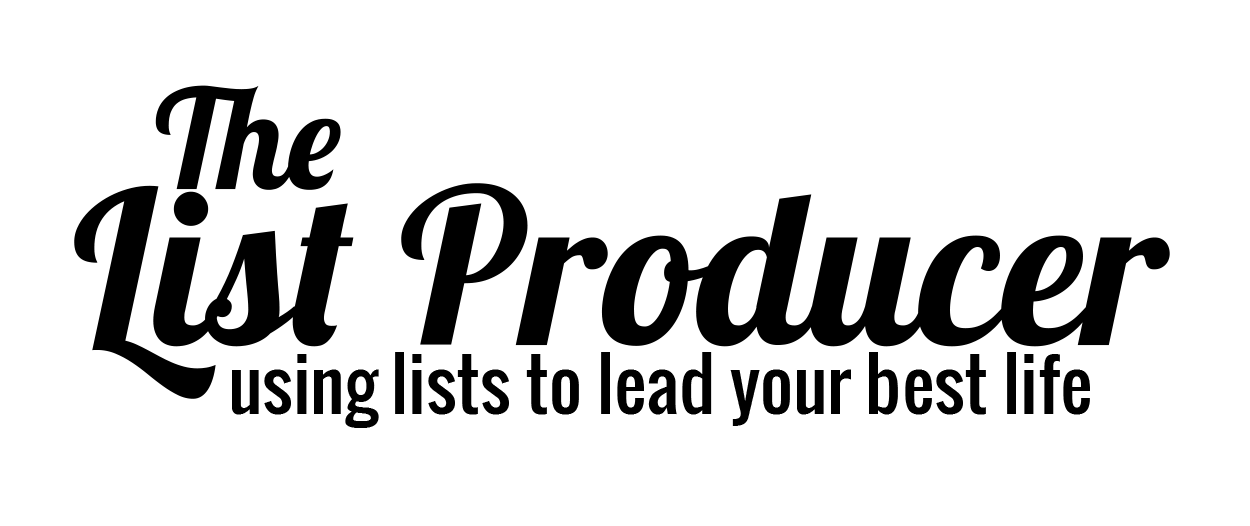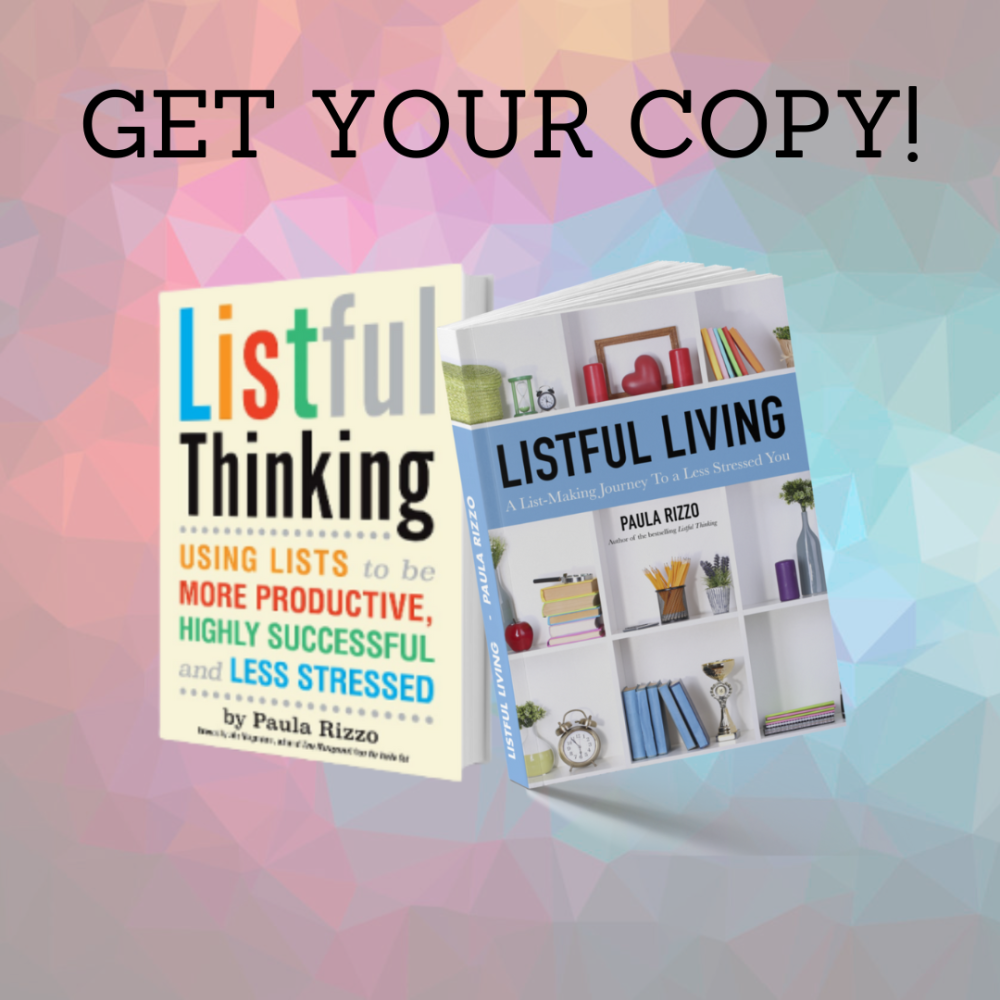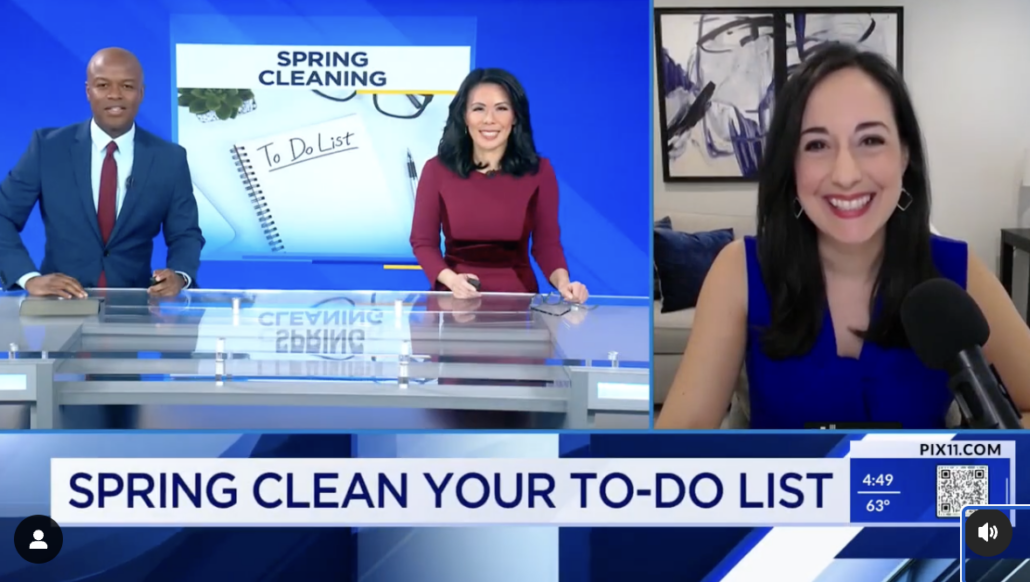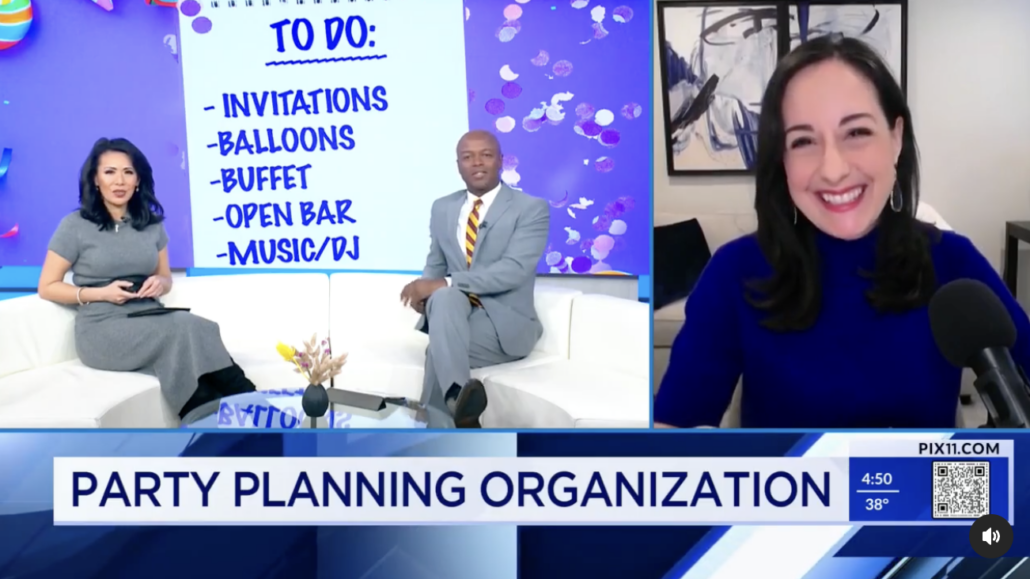Productivity for Authors
___
BONUS FREEBIE: Want even more ways to stay organized, productive and less stressed? CLICK HERE to get access to my List-Making Starter Kit. It will boost your efficiency and get you back to doing more of the things you love.
___
As authors, it seems there’s always one more thing to do.
Writing, editing, marketing, media interviews, book events — the lists go on and on. Balancing these demands is crucial to protecting your time and avoiding burnout.
I’m an author myself of two books on productivity — Listful Thinking and Listful Living — and I’m also hard at work on my novel. So I get the pressure that authors are under — and I’ve also developed some approaches that help me get my work done while minimizing stress and distractions. I’ve put them all in one place for the first time!
If you want to manage your time and set boundaries, ensuring you remain productive without sacrificing your well-being — these tips are for you! Whether you’re drafting your next novel, polishing a manuscript, or juggling multiple writing projects, these strategies will equip you with practical tools to stay productive, focused, and inspired.
1) Harness your productivity style.
One of the biggest hurdles people face when they’re trying to be more organized is figuring out what works for them. There is no one workflow that makes sense for every author. Once you understand your productivity style, you can cater your work schedule around your needs. This is something I go into in great detail in my book Listful Living.
Knowing yourself is your best productivity tool!
Don’t become a morning person if you’re not one. Take note of how productive you feel in the morning, mid-day, and afternoon. What tasks might be best suited to each of those times?
Remember, paying attention to the way you work best (as well as what’s not working for you) is essential to harnessing your productivity style.
___
___
2) Streamline your to-do list.
If your to-do list is getting shaggy and unmanageable, it’s probably not serving you anymore.
And the first step is to recognize that your list-making strategy needs a reboot. I recently did an experiment with a new way of creating lists.
I was inspired by my friend and author Polly Campbell. She calls it the Bucket Method, and this is how it works:
Create Bucket: In the create bucket are your creative tasks — let’s say the novel. You pick something that you can work on that day: a chapter, an edit of one section, or even a scene.
Develop Bucket: The develop part could be something you’re in the process of growing. It could be developing your business by coming up with ideas for new ways to get clients. Or perhaps you could be doing some marketing or putting things on social media or supporting other people in your field. Something where you’re developing your business or developing your craft. Maybe you’re taking a class or something like that.
Deadline Bucket: The last bucket is the deadline bucket. These are the things that have to get done today — the actual deadline-oriented things. Maybe you have to write an article or you have to review an article or you have to put your newsletter out.
As an author, I can say definitively that the Bucket Method has helped me prioritize my creative tasks.
3) Limit distractions.
One of the biggest distractions is noise. Using noise-canceling headphones can be a great tool — Sony and Bose both make great ones. I have a pair from Bose in rose gold and I love them. But those are both pretty pricey — for something more affordable, this pair from Cowin is under $60 and has thousands of great reviews.
If silence doesn’t help you concentrate, music or white noise can be really helpful. I like to use Focus At Will — this company provides you with personalized sounds (like water, ambient music, and more) to help you stay on track. However you do it, tuning out distracting sounds is a key aspect of productivity.
Another common distraction? Your phone.
From social media to incoming texts, your phone seems bent on taking your attention away from what you should be doing. My tip? Only answer calls if it’s absolutely necessary. Unless it’s about a task you’re currently working on and need information about, don’t answer the phone. It can wait — and if it can’t, that person will keep calling. Or leave voicemails. Or text you. Or email you. The list of ways to reach you is endless. If it’s an emergency, you’ll know. Otherwise, protect your focus and ignore the phone — you can even stash it in another room when you really need to zero in on a task.
___
__
4) Create your ideal workspace.
Having the perfect setting isn’t always possible, but you should stack the deck in your favor as much as you can. Consider the following questions to figure out what kind of work environment is best for you:
- How do you feel working in an open area with other people?
- How do you feel working in a quiet place by yourself?
- Where do you feel the most energized to get things done? (At home, at a cafe, outside, etc.)
- What kind of lighting makes you feel ready to work?
- What is the temperature in your ideal working location?
Once you have answers to these questions, you can begin to design a workspace that meets your individual needs.
5) Use artificial intelligence to your advantage.
AI might seem daunting, but it can actually be a productive author’s best friend.
For instance, you can ask ChatGPT to summarize articles for you. Or use WhisperMemos to record a voice memo that becomes an email. You can send your best ideas back to yourself so you don’t lose any great ones!
For more ideas on how to utilize AI, you can check out my conversation on PIX11 News.
6) Set boundaries between your work and your personal life.
Separating yourself from work and home life can be a challenge especially if you work remotely. I’d encourage you to look at your current workflow and determine where you might be able to build in some boundaries.
- If you work from home, what do you do with the time you used to spend commuting?
- What time of day do you isolate for work-only tasks?
- What time of day do you isolate for home-only tasks?
- How do you currently shut down your office for the day?
If you find that work and personal tasks are overlapping in ways you’re uncomfortable with, setting boundaries can be as simple as communicating with colleagues and clients about when you’re available and when you’re not.
A simple away message letting people know that you don’t answer emails after 6 p.m. (and when you’ll get back to them) can take a lot of pressure off.
7) Stay inspired.
Keeping your sense of curiosity active is essential to your productivity as an author. You need to feel invested in your work in order to want to do it!
When tunnel vision is at its strongest, sometimes the best move is to grab a cup of coffee, go to the park, and just take in the world around you. This is even more important now that we’ve all been inside for a while — it’s too easy to get focused on what’s in your little bubble.
You can do some people-watching, make up colorful backstories for strangers, or take in the beauty of nature (even if it’s just your backyard or a local park). Wherever you go or whatever you do, give yourself a moment to get out of your head and just soak in your environment. You never know what will spark an idea!
And remember, if you’re saving all your energy for your work, you’ve got it backwards. Passion begets more passion — and you can risk burnout if you rely on your writing as your only source.
Diving back into a hobby or devoting more time with loved ones are both options — even better if you can combine the two! Whatever you choose, indulge in something that provokes a sense of wonder, curiosity, and joy.
Big ideas usually strike when you’re lost in something completely different — Einstein said he always got his best ideas in the shower!
___
BONUS FREEBIE: I have a resource for you that will help you prepare to talk with media and audiences. It’s the 10 Questions Every Author Needs to Answer. You can grab the fiction and nonfiction lists here.
___








